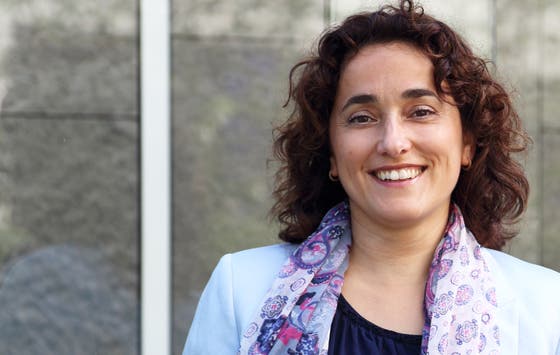Building a safer and inclusive community

In July 2020, I gave a presentation Equal Opportunities, Equal Rights in one of UMC Utrecht’s webinars. I am very grateful for how the webinar was received and by all the students and (international) employees who entrusted me with their personal stories. There stories highlighted that discrimination based on one’s culture, colour, gender, sexual orientation, and (in)visible functional limitations are happening not only in the outside world but also within the educational environment.
UMC Utrecht is its own unique community and that is why social debate about racism and discrimination is important for all our employees to thrive. There is still a lot to learn from sessions like these, however, we feel at the Diversity and Inclusion Platform that we are sailing a course in the right direction.
Exclusion moments
The Biomedical Sciences at UMC has a strong international presence. However, this is not reflected in our Dutch student body or staff. I first became aware of this issue when working as a student coordinator for the master’s programmes. While there were ample international applications, there were conscious and unconscious biases within the selection process, which in turn reduced the number of successful applications of Dutch students from minority backgrounds. This can also be seen in the bachelor’s programmes.
Moreover, the handful of Dutch students from minority backgrounds that did manage to secure a place, were often confronted within the first week of their studies with discrimination and exclusion. This is something we are working on, while also creating a more inclusive selection process and welcoming environment.
Othering
As a programme leader for the Diversity and Inclusion Platform, I have had the opportunity to speak with many of our students here at UMC Utrecht. What I have come to realise is that a diverse student and staff base does not automatically lead to positive interactions. Although people often mean well in practice, they unconsciously categorise people by making awkward and sometimes uncomfortable observations such as, ‘You speak Dutch quite well’.
This is called othering which means defining one's own normal positive social identity by distancing oneself from another (other). This makes it difficult to create an inclusive learning and working environment. Thus, a diverse organisation is therefore not by definition also an inclusive organisation. This concerns written and unwritten rules about culture. The only solution is an integrated approach involving all stakeholders (staff and students) working hand-in-hand to create an inclusive organisation!
UMC Utrecht Dialogues
More knowledge about diversity and inclusion will create space for conversation about our individual identities and their impact on our care, education, and learning process. In the coming academic year, we will continue this conversations in a series of UMC Utrecht Dialogues.
However, you don’t have to wait till next year! Why not get to know your colleagues and students. Strike up a conversation about why they chose UMC Utrecht and see where the discussion takes you.
Gönül Dilaver
Chairwoman Diversity and Inclusion Platform
Associate Professor Biomedical Sciences Education
Senior Fellow Inclusive Education University of Utrecht
